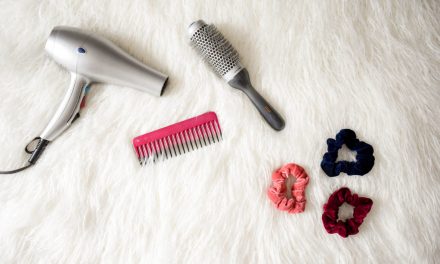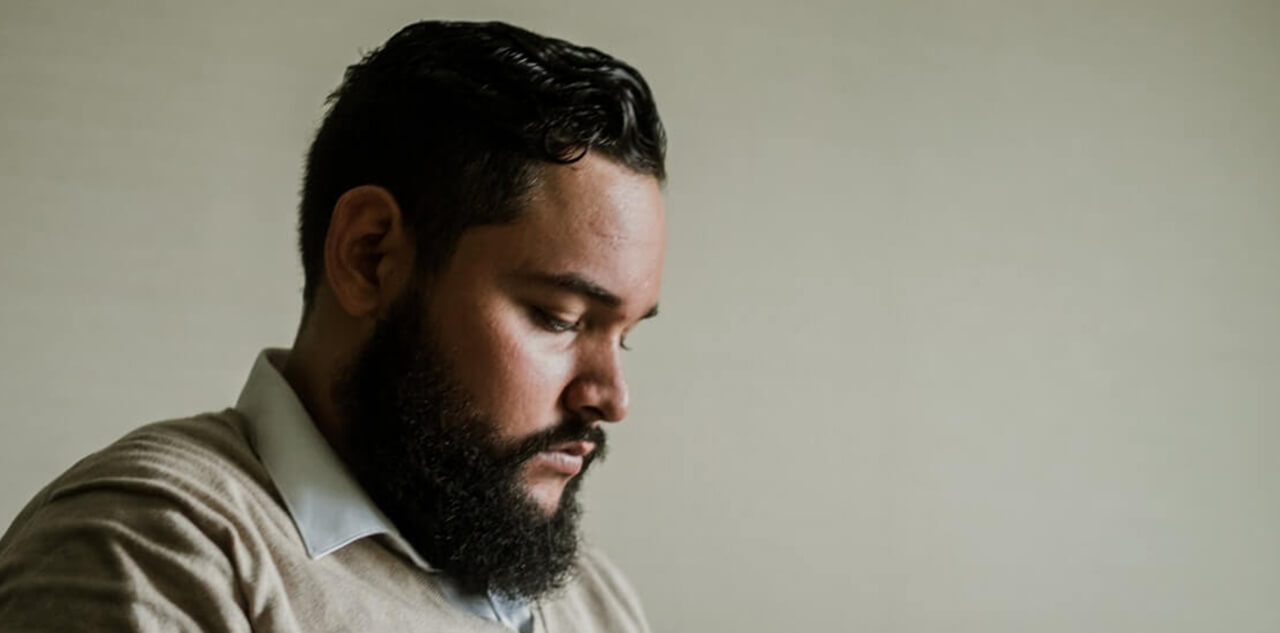Table of Contents
Can Vitamin Deficiencies Cause Hair Loss?
Hair loss can be caused by a variety of factors, including vitamin deficiencies. It is crucial to ensure that your body is getting the necessary vitamins in order to maintain a full head of hair. When you are deficient in certain vitamins, you may experience symptoms such as hair loss. To maintain a healthy lifestyle, it is important to make sure that your body is receiving all of the proper nutrients, vitamins, and minerals that it needs. One way to do this is by eating a balanced diet. By maintaining a healthy lifestyle and consuming a well-rounded diet, you should be able to get the vitamins your body needs to support healthy hair growth.
Here are some specific vitamin deficiencies that can lead to hair loss:
Iron deficiency
Iron is an essential nutrient for hair growth. When the body doesn’t have enough iron, it can lead to hair loss. This is because iron helps to carry oxygen to the hair follicles, which is necessary for hair growth.
Vitamin D deficiency
Vitamin D is important for healthy hair growth and may help to prevent hair loss. The body produces vitamin D when the skin is exposed to the sun, so a deficiency can occur in people who get little sun exposure.
Zinc deficiency
Zinc is a mineral that is important for healthy hair growth. A deficiency in zinc can lead to hair loss and a slowdown in hair growth.
Protein deficiency
Hair is made up of a protein called keratin, so it’s important to get enough protein in your diet to support healthy hair growth. A deficiency in protein can lead to hair loss.
B-vitamin deficiency
B vitamins, such as B-12 and folic acid, are important for healthy hair growth. A deficiency in these vitamins can lead to hair loss.
It’s important to note that hair loss can also be caused by other factors, such as genetics, certain medications, and medical conditions. If you are experiencing hair loss and think it may be related to a vitamin deficiency, it’s important to speak with a healthcare professional for a proper diagnosis and treatment.
Iron deficiency
Iron is an essential nutrient that plays a number of important roles in the body, including carrying oxygen to the cells. When the body does not have enough iron, it can lead to a condition called anemia, which can cause hair loss. Symptoms of anemia include fatigue, shortness of breath, and pale skin. Iron deficiency can be treated with iron supplements and by increasing the intake of iron-rich foods, such as red meat, poultry, seafood, beans, and leafy green vegetables.
Vitamin D deficiency
Vitamin D is important for healthy hair growth and may help to prevent hair loss. It is produced by the body when the skin is exposed to the sun, so people who get little sun exposure are at risk of a deficiency. Symptoms of vitamin D deficiency include tiredness, muscle weakness, and bone pain. Vitamin D deficiency can be treated with supplements and by getting more sun exposure or through the diet by consuming foods such as fatty fish, egg yolks, and fortified foods.
Zinc deficiency
Zinc is a mineral that is important for healthy hair growth. It helps to keep the oil glands around the hair follicles functioning properly. A deficiency in zinc can lead to hair loss and a slow down in hair growth. Symptoms of zinc deficiency include loss of appetite, weight loss, and delayed wound healing. Zinc deficiency can be treated with zinc supplements and by increasing the intake of zinc-rich foods, such as meat, seafood, and nuts.
Protein deficiency
Hair is made up of a protein called keratin, so it’s important to get enough protein in your diet to support healthy hair growth. A deficiency in protein can lead to hair loss. Symptoms of protein deficiency include muscle wasting, weakness, and swelling. Protein deficiency can be treated by increasing the intake of protein-rich foods, such as meat, poultry, seafood, beans, and tofu.
B-vitamin deficiency
B vitamins, such as B-12 and folic acid, are important for healthy hair growth. They help to produce red blood cells, which carry oxygen to the hair follicles. A deficiency in these vitamins can lead to hair loss. Symptoms of B-vitamin deficiency include fatigue, muscle weakness, and a lack of energy. B-vitamin deficiency can be treated with B-vitamin supplements and by increasing the intake of B-vitamin-rich foods, such as meat, poultry, seafood, eggs, and leafy green vegetables.
In Conclusion
Hair loss can be caused by various factors, including vitamin deficiencies. Some specific vitamin deficiencies that may lead to hair loss include iron deficiency, which can cause anemia; vitamin D deficiency; zinc deficiency; protein deficiency; and B-vitamin deficiency.
These deficiencies can be diagnosed and treated by a healthcare professional, who may recommend supplements and dietary changes. It’s important to note that hair loss can also be caused by other factors, such as genetics, certain medications, and medical conditions.
If you are experiencing hair loss and think it may be related to a vitamin deficiency, it’s important to speak with a healthcare professional for a proper diagnosis and treatment.
Recently updated on January 28th, 2023




